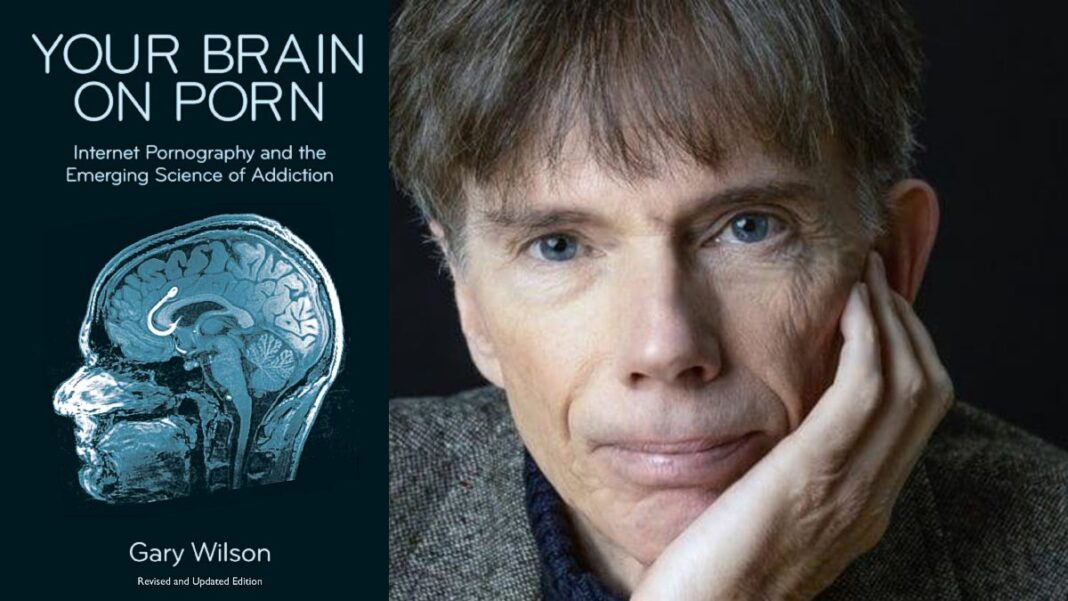
When Your Brain on Porn was first published the porn industry and its lobbyists reacted with outrage. How could a commodity so popular – and so profitable – be a problem? But evidence of porn’s addictiveness has been accumulating ever since. In February 2022 the peer-reviewed journal Psychological Medicine published a large-scale, longitudinal study that confirmed what many users and former users of digital pornography had figured out for themselves: ‘porn – a male-dominated industry that targets a male-dominated audience – is associated with the erosion of the quality of men’s sex lives.’
In the same month the World Health Organizationissued a clarification to its diagnosis of Compulsive Sexual Behaviour Disorder. Contrary to the claims of a vocal group of sexologists, the WHO insisted that the disorder ‘may be expressed in a variety of behaviours, including sexual behaviour with others, masturbation, use of pornography, cybersex (including internet sex), telephone sex, and other forms of repetitive sexual behaviour.‘ Compulsive porn use is now recognised as a pathology by the world’s leading health experts, in the most widely used diagnostic manual on the planet.
This should not be surprising. As soon as high-speed internet became widely available a decade ago, growing numbers of people began to worry that their porn use was running out of control. Far from preparing them for fulfilling relationships, viewing an endless stream of porn videos led to unexpected adverse effects. Perhaps most surprisingly, for the first time in history erectile dysfunction was becoming a pervasive problem for young men. This led to one of the largest informal experiments in the history of science. Tens of thousands of people have tried abstaining from sexually stimulating material in a process they call ‘rebooting’. Many of them reported startling changes, from improved concentration and elevated mood to a greater capacity for real-life intimacy.
The late Gary Wilson listened to the stories of those who have tried giving up internet porn and related them to an account of how the reward system of the brain interacts with its environment. A growing body of research is definitively confirming what these pioneers discovered for themselves – internet pornography can be seriously addictive and damaging. No doubt the porn lobby will continue to try to sow doubt and distraction. But the evidence of both formal science and lived experience is now overwhelming.
In Your Brain on Porn Gary Wilson draws on both first-person accounts and research findings. In a voice that is generous and humane, he offers advice for those who want to stop using internet pornography. The publication of Your Brain on Porn is a landmark in our attempts to understand, and remain balanced in, a world where addiction is big business.

Praise for Your Brain on Porn
In Your Brain on Porn Gary Wilson sets out to explain how abundant free pornography is causing serious problems for thousands of, mostly young, people. Your Brain on Porn gives guidance on how to break out of addictive porn use.
– Dr Nicole Oei PhD, Addiction, Development and Psychopathology (Adapt) Lab, Department of Psychology, University of Amsterdam
Your Brain on Porn is the most considered, thorough and accurate account of internet porn addiction that exists at the time of writing.
– Anthony I. Jack, Professor of Philosophy, Psychology, Neurology and Neuroscience, Case Western Reserve University







